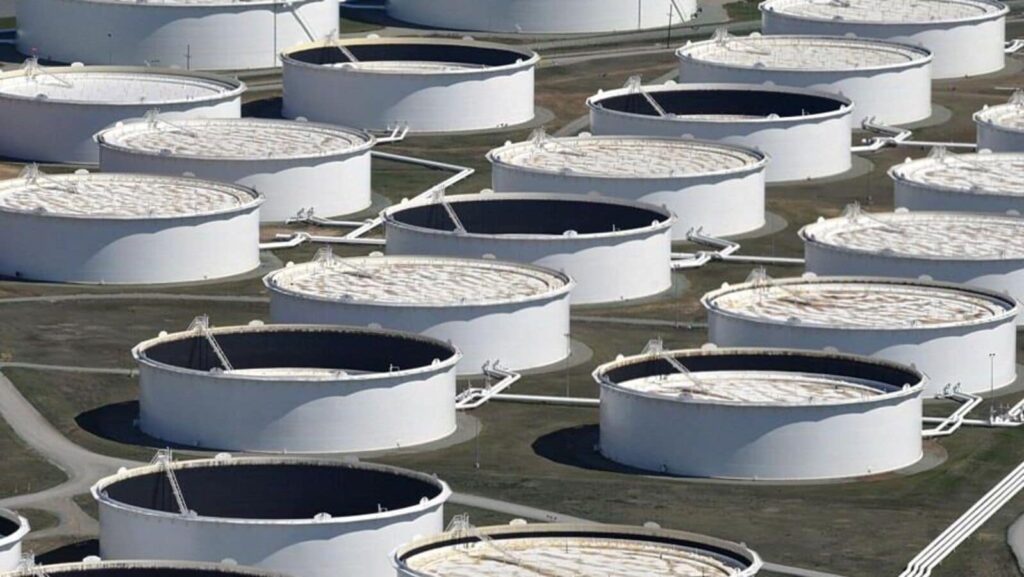Finance ministry to take call on scrapping windfall tax on domestic crude oil: Tarun Kapoor

New Delhi: The Union finance ministry will take a call on scrapping windfall tax on crude oil as weakening prices of the commodity have made the levy irrelevant, said Tarun Kapoor, advisor to the prime minister.
The Union ministry of petroleum and natural gas has written to the finance ministry seeking withdrawal of the levy, Kapoor told reporters on the sidelines of the World Biogas Association India Congress 2024 here on Wednesday.
“I think the petroleum ministry has written to the finance ministry. Anyway, there is not much relevance in it (windfall tax) now,” Kapoor said.
Windfall tax on locally produced crude oil was imposed in 2022 when the Russia-Ukraine war started and oil prices surged to multi-year highs, allowing oil and gas companies to make windfall profits. The tax is levied in the form of a special additional excise duty and is notified fortnightly, based on the average oil prices for two weeks.
The windfall tax on sale of domestically produced crude oil has been nil since 18 September. Windfall tax on export of diesel and aviation turbine fuel is also zero.
Crude oil prices have been largely subdued despite a volatile market scenario amid the conflict in West Asia. The December contract for Brent crude oil on the Intercontinental Exchange traded at $75.63 per barrel on Wednesday, 0.54% lower than its previous close.
No shortage
Union minister for petroleum and natural gas Hardeep Singh Puri said on Tuesday that global oil prices may drop since there is no shortage of the fossil fuel.
“I think [oil prices] should come down. It depends on global factors. One thing is very clear – there is no shortage of oil in the world. They were producing some 102 million barrels per day earlier, then some voluntary cuts took place,” he said.
The International Energy Agency said in its oil market report for October: “World oil demand is on track to expand by just shy of 900 kb/d in 2024 and close to 1 mb/d in 2025, marking a sharp slowdown on the roughly 2 mb/d seen over the 2022-2023 post-pandemic period.”
It noted that China underpins the deceleration in growth, accounting for around 20% of global gains both this year and next year, compared to almost 70% in 2023.








